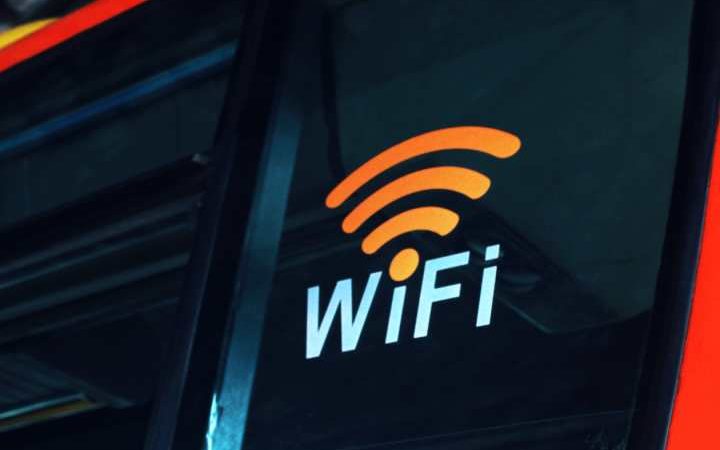Data Center vs. Residential Proxies

Proxy servers are beneficial tools for use in a variety of online applications. Some businesses require them for market research or social media account management.
They are used for data protection due to their ability to mask computer IP addresses. Individuals also use them for a variety of applications. They help access geo-blocked content and lovers of limited edition sneakers, primarily use them to build sneaker bots.
A proxy server or application-level gateway is a server that acts as an intermediary between your computer network and the internet. Their technology is used to enhance business data security and increase the performance of computer networks. Companies also utilize proxies to manage and monitor the use of their online resources.
By intercepting connections between your computer and the internet, a proxy directs all outgoing and incoming online data through its server, masking your IP address. Any hacker, tracker, or monitor trying to access your business’s data or online activity will not identify your digital footsteps or destination.
They will only view the proxy server’s data and IP address instead. They also speed up your website pages by caching user requests from external URLs. If your business requires proxies, you might find the difference between the data center and residential proxies a tad confusing.
Table of Contents
Types of proxies
Residential proxies
Internet service providers sell residential proxies. And unlike data center IPs, they are valid IP addresses. They are wired to a computer network and will give you online anonymity, minimizing the risk of blacklisting by vigilant web protocols.
Residential proxies are harder to access and come at a cost. Data center proxies on the other hand are cloud-based and are not valid IP addresses. A basic investigation will reveal that they are number-based and are therefore easily detected and banned by websites.
Data center proxies are easy to access and are the most popular of both proxies. They are low cost and even sometimes free.
Pros of residential proxies
- They give online anonymity, and since they are legitimate IP addresses, they are less susceptible to blacklisting than other types of proxies.
- Residential proxies offer better security because they are sold by legal entities that could face legal consequences should they perform malicious actions with your private data.
- Their proxy servers are better maintained to ensure that there are minimal connection errors, blocks, or timeouts.
- They are perfect for enabling access to geo-targeted deals allowing you to log into any website in any location in the world. You can, therefore, access deals that are exclusive to specific geographical areas such us travel site deals or early sneaker releases.
- Residential proxies are perfect for web scraping if your business is looking for marketing data. Rotating residential IPs will get you through most IP flagging software, enabling smooth web crawling or scraping.
Cons of residential proxies
- Residential proxies can be expensive, especially if they are required in bulk for purposes such as web scraping.
- The cache memory of a proxy is configured to store information. If you use a residential proxy from an untrustworthy ISP, you could risk data loss and hacking.
Pros of data center proxies
- Proxy from data centers is more affordable than residential proxies are.
- If you need bulk proxies for activities such as web scraping you will find it easier and cheaper to access them.
- They provide adequate anonymity when online enabling activities such as access to geo-blocked content and data protection
- They are faster than some residential proxies making it much easier to connect to data
Cons of data center proxies
- Data center proxies are not linked to any ISP and are therefore easy to detect online. They will be quickly flagged or blocked if websites find out that a proxy is sending numerous queries from an irrelevant geolocation or web browser.
- Open data center proxies can easily lead to hacking and malware infestation.
Which proxies are best for businesses?
Now that you know the difference between data center and residential proxies, which one should you use for your business needs? Data center proxies are the most popular for regular online activities. Residential proxies are safer because they require authentication, unlike data center proxies.
They are maintained by companies and will provide safer connections for businesses that handle sensitive data or personal client information. There are high-quality data center proxies that come at a small cost. These are perfect for businesses as long as they are not shared or open.
Public proxies may be free, but they have many disadvantages and high risks as well. Since they are open for use, they tend to get misused. You will most often find an open proxy blacklisted because it has been used to slam WebPages with many dubious requests.
Open or public proxies can also be notoriously slow and of low quality. They impose severe dangers for business networks because they are often laden with malware that could infect your computers. If you have to use data center proxies, choose between shared proxies and dedicated proxies. Shared proxies are much cheaper while dedicated proxies are used for high-performance activities.
Also Read : Best Social Networks for Companies and Professionals






